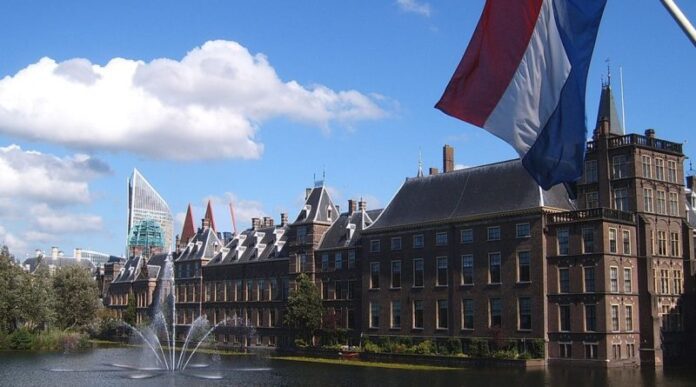
The Dutch Parliament has given its approval for Bulgaria’s admission to the Schengen visa zone, marking a milestone in the country’s pursuit of full membership.
The decision, which follows the Dutch government’s endorsement of the move just a week ago, carries implications for Bulgaria‘s standing in the ongoing negotiations, particularly with Austria.
The vote, held on December 22, saw a majority in favour of Bulgaria’s entry into the Schengen zone, with 59 votes supporting the move and 49 against it.
Notably, the Volkspartij voor Vrijheid en Democratie (People’s Party for Freedom and Democracy), formerly led by Prime Minister Mark Rutte, voted in favor of Bulgaria’s total membership, signaling a positive shift in the political landscape.
A New Social Contract group proposal, advocating for a phased approach by initially admitting only Bulgaria’s airports and deferring inclusion of land and sea borders, failed to secure the required 76 votes for approval.
Despite receiving 59 affirmative votes, the proposal was rejected, opening the door for Bulgaria to attain full membership in the Schengen zone.
Diplomats have highlighted that the rejection of the partial admission proposal effectively paves the way for Bulgaria to obtain unrestricted access to the Schengen area.
This decision comes at a crucial juncture in Bulgaria’s negotiations, with Austria being the remaining country yet to give its approval.
The Dutch government’s announcement of support for Bulgaria’s Schengen accession on December 15 was met with anticipation and optimism in Bulgaria.
Prime Minister Nikolai Denkov, commenting on the recent development, emphasized that the Netherlands’ green light for Bulgaria’s membership strengthens the country’s negotiating position with Austria.
Denkov stated, “Negotiations are ongoing and will end in a way that takes into account the concerns of Austria because it has a serious problem with migration.”
The Netherlands’ approval serves as a diplomatic victory for Bulgaria, providing leverage in addressing the specific apprehensions raised by Austria during the negotiation process.
Deputy Prime Minister and Foreign Minister Maria Gabriel expressed gratitude for the Dutch government’s proposal, stating, “I am convinced that this act is in the interest not only of us and our northern neighbor but also of the entire EU.”
The decision reflects a collaborative effort within the European Union to foster unity and strengthen the Schengen zone.
Interior Minister Kalin Stoyanov echoed optimism about Austria’s impending decision, stating that he is hopeful Austria will make a determination about Bulgaria’s Schengen membership “as soon as possible.”
The ongoing negotiations emphasize the need for a balanced approach that accommodates the concerns of all member states.
As Bulgaria celebrates the Dutch Parliament’s endorsement, attention now turns to the concluding stages of negotiations with Austria.
The diplomatic efforts undertaken by Bulgarian officials underscore the commitment to addressing the unique challenges raised by Austria, particularly in the context of migration.
The developments in the Schengen accession process serve as a testament to the intricacies of European diplomacy and the collaborative spirit required for decision-making within the EU.
Bulgaria’s journey toward full Schengen membership is poised to be a transformative chapter, highlighting the dynamic nature of the union and the collective pursuit of shared objectives.
As the negotiations progress, the eyes of Europe are on Bulgaria and Austria, anticipating a resolution that not only facilitates Bulgaria’s entry into the Schengen zone but also fosters cooperation and understanding among EU member states.
The recent vote in the Dutch Parliament marks a significant step forward, signalling hope for a cohesive and inclusive European future.
This article was created using automation technology and was thoroughly edited and fact-checked by one of our editorial staff members
